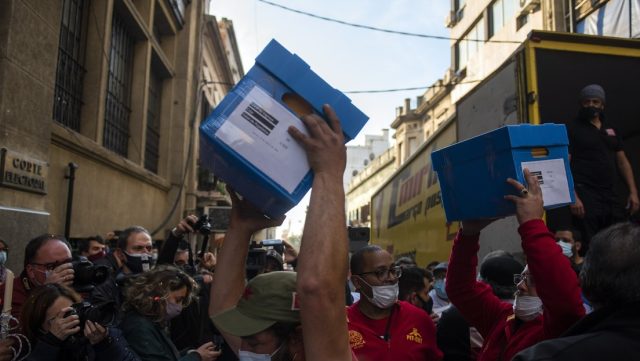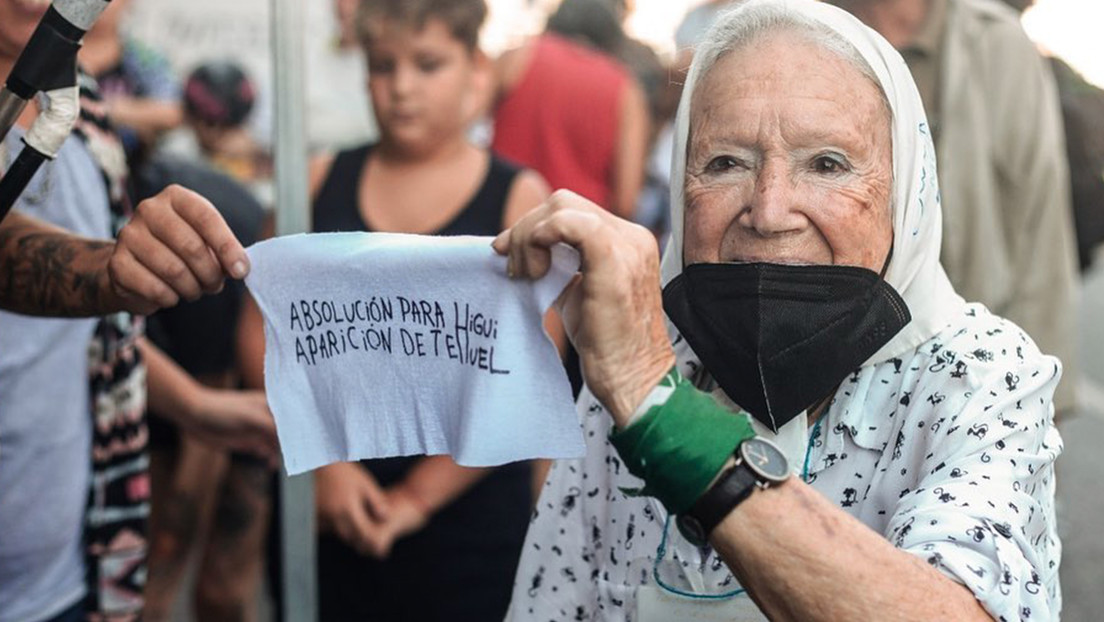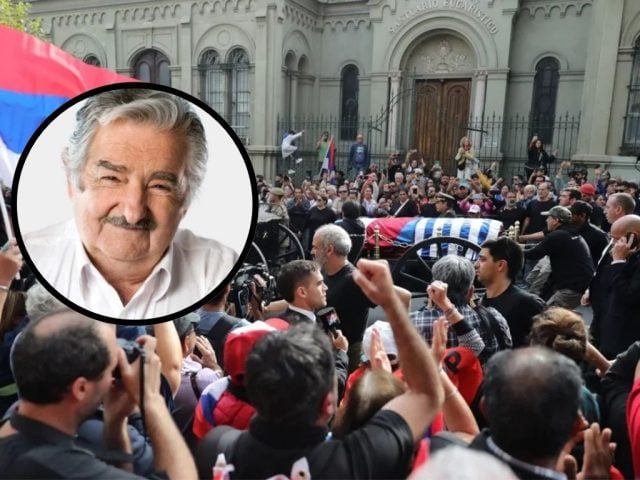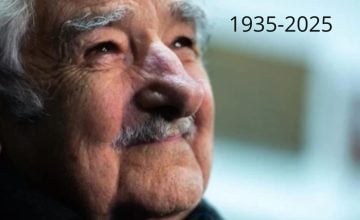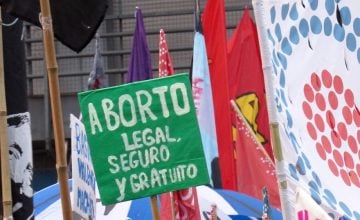The President of Uruguay, Luis Alberto Lacalle Pou, will face next Sunday one of the main challenges of his government with the referendum in which citizens will vote for or against the repeal of 135 articles of the Law of Urgent Consideration .
This is the main norm that has governed the mandate of Lacalle Pou, who launched it in early June 2020, just four months after taking office, reports RT.
Since then, the opposition has challenged a large part of the Law, considering that it validates institutional violence, criminalizes minors and violates human rights, strikes and social protest.
Last year, the Frente Amplio (Broad Front), the main opposition alliance, and social organizations managed to collect 730,000 signatures (more than they needed) to call a plebiscite that could become a kind of balance on the two years of the Government of Lacalle Pou , whose popularity, according to polls, is around 50%.
The Law consists of 476 articles that address all aspects of public life, from education and health to public security, the economy and labor and commercial relations, and even ‘loosens’ the controls over money laundering.
Some of the most controversial articles refer to public security, since it ‘relaxes’ the powers of the security forces in demonstrations while limiting protests that affect the free movement of people. It also increases the penalties for minors who commit crimes and imposes semi-liberty regimes on them.
On the other hand, it increases the penalties for drug trafficking, extends from two to four hours the period that the Police have to report on the arrest of a person and allows the Armed Forces and the Security Forces to do a ‘body search’ of any person randomly and whenever they want, without justification in between.
Yes or No for Uruguay
Another particularly questioned article refers to the updating of fuel prices, since the Law allows it to be carried out within a period of no more than 60 days, which has resulted in constant increases that affect users, which the Government of Uruguay promised would not happen. The ruling party’s response is that the increase is due to the international market.
With regard to rents, the Law facilitates the eviction of tenants and increases penalties for late payment of rent, which the opposition describes as a «cruel policy» against families.
Since the referendum was approved, the Government has been immersed in a campaign for society to opt for «No» (blue ballot), since Lacalle considers that the Law represents a management program that should not be hindered by the opposition who lost the elections in 2019.
It also ensures that in its almost two years of validity there have been no cases of «easy trigger», that is, executions by the Security forces as anticipated by the detractors of a Law that has reduced the crime rate and regained respect to authority.
The opposition in Uruguay, for its part, calls for a “Yes” vote (pink ballot) by arguing that only certain articles of the Law – that Lacalle Pou said nothing about during his presidential campaign – will be modified. It also insists that reports of police abuse have increased and acknowledges that crimes did indeed drop, but it was due to the immobility of the pandemic, not due to the merit of this norm.
On the other hand, it recalls that despite its breadth and its implications, the Law was approved in an express procedure, which prevented a plural and open debate in society.
This is due to the fact that Uruguayan legislation allows projects of urgent consideration sent by the Executive Branch to automatically become law if they are not approved by Congress within certain terms.
In this case, the Legislative Power only had 100 days to discuss 475 articles that had an impact on the lives of all citizens and that, according to the opposition, had only limited civil rights and freedoms.
